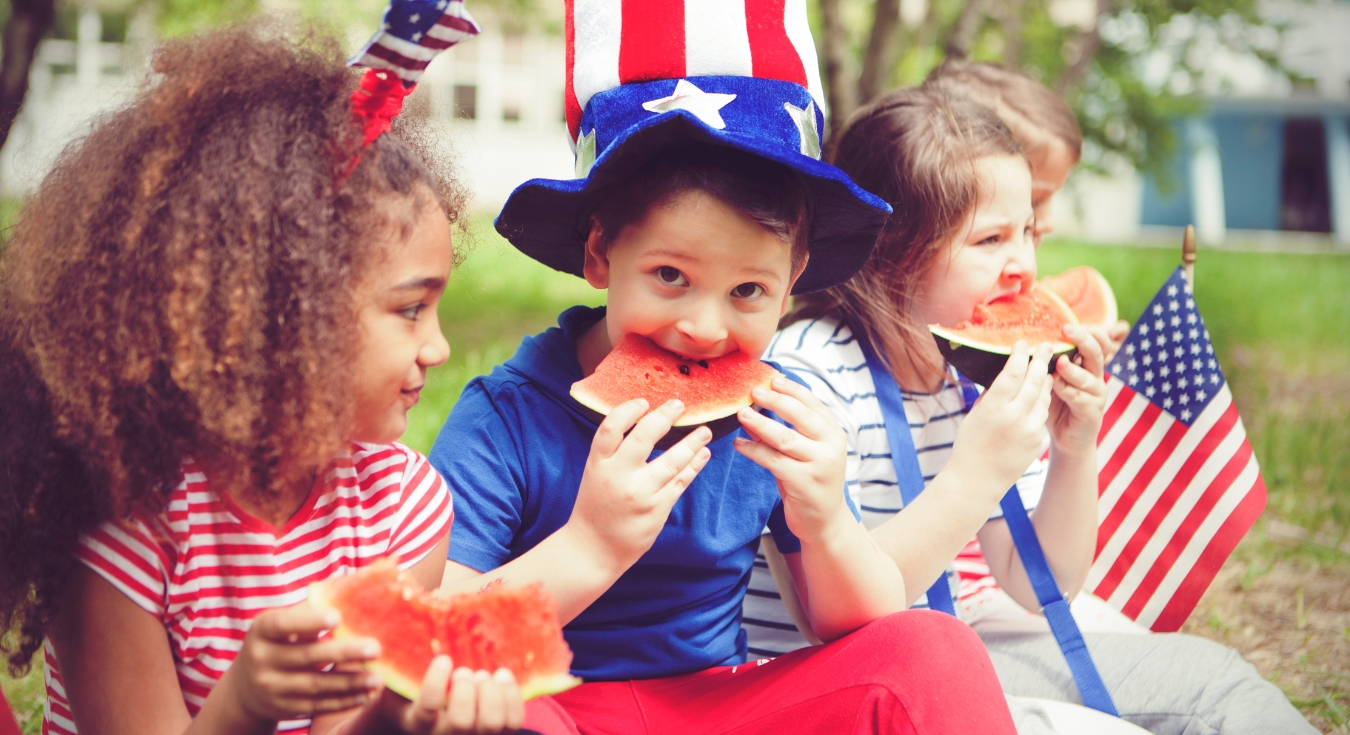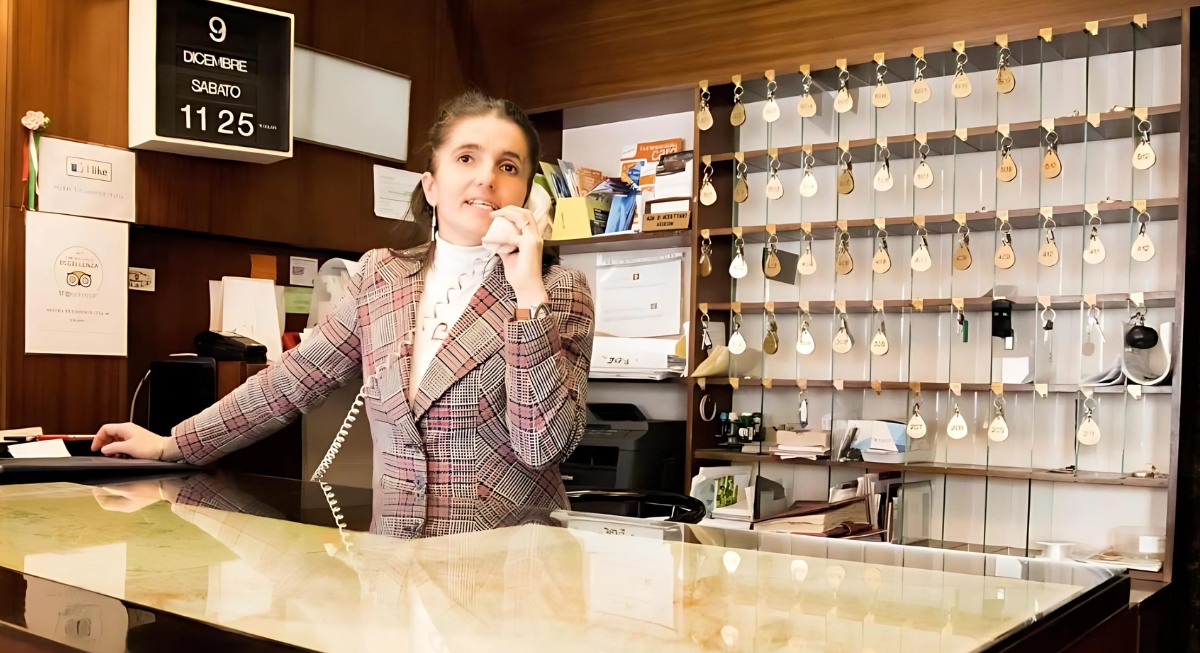If you've ever left the U.S., you've probably had a moment where you realized—oh, not everyone does this. To Americans, many traditions seem perfectly normal, even expected. But to outsiders, they are downright bizarre. Curious how your everyday habits stack up globally? Here are some U.S. traditions that leave foreigners baffled.
Calling Entrées the Wrong Thing

Credit: Wikimedia Commons
In the U.S., "entrée" means the main course, but everywhere else, it means something entirely different. The word comes from French and refers to the "entry" into the meal—an appetizer or starter. In countries like France, the main course is called the "plat principal," and in Italy, they break it down by course: "primo" and "secondo." So, while Americans think they're ordering big, the rest of the world is just getting started.
Ordering Water Is a Ritual
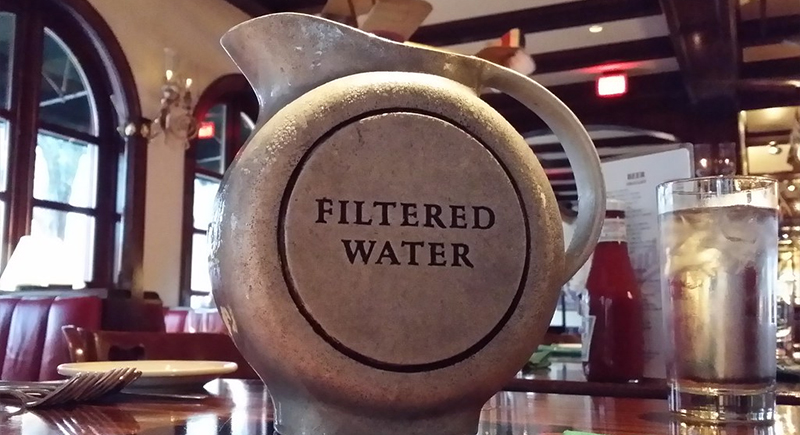
Credit: flickr
Ordering water isn't as simple as it sounds. In many countries, it's a ritual. Americans get a free glass of iced water by default, but abroad, you'll be asked what kind you want—and you'll likely pay for it. The choices are usually "still," "sparkling," or "tap," and you'd better be specific. Tap water isn't always offered automatically, and in some places, it's not even safe to drink. One casual request can lead to surprises on the bill.
Dessert for Breakfast Confuses Everyone

Credit: pexels
Starting the morning with dessert throws everyone off. In many parts of the world, breakfast is a savory, protein-rich meal meant to sustain you through the day. But Americans dive into donuts, toaster pastries, syrup-drenched waffles, and cereal that's basically candy. To foreign visitors, it's baffling—like having cake first thing in the morning. The idea of beginning your day with that much sugar is strange to them and something they reserve for birthdays, not breakfast.
Tipping Still Baffles the World
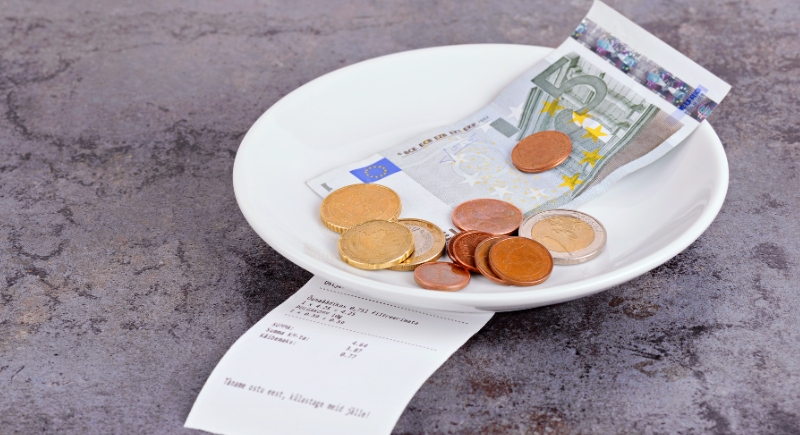
Credit: Canva
Tipping in the U.S. is one of the biggest culture shocks for foreigners. Most countries either include service charges in the bill or pay servers a living wage. Meanwhile, in America, diners are expected to calculate a percentage and leave extra—or risk being seen as rude. The whole system feels confusing and forced, especially when it's unclear who gets tipped and how much. Visitors often find the experience awkward and insincere.
Lemonade Means Something Different

Credit: pexels
Lemonade in the U.S. means a sweet, still drink made from lemons, sugar, and water—but that's not what most people expect abroad. In the UK, Australia, and New Zealand, lemonade refers to a clear, carbonated soda closer to Sprite. What Americans call "lemonade" is often labeled "cloudy" or "old-fashioned" to set it apart. The difference surprises many travelers ordering a drink they thought they knew.
Loud Voices Everywhere, All the Time

Credit: Getty Image
Americans speak loudly, and it stands out immediately to foreigners. Visitors often feel overwhelmed by the volume, especially on public transport, where quiet is the norm elsewhere. To many, it feels like strangers are shouting their personal business into the world. The constant noise is noticeable and is one of the first things that makes America feel different.
Oversharing with Total Strangers
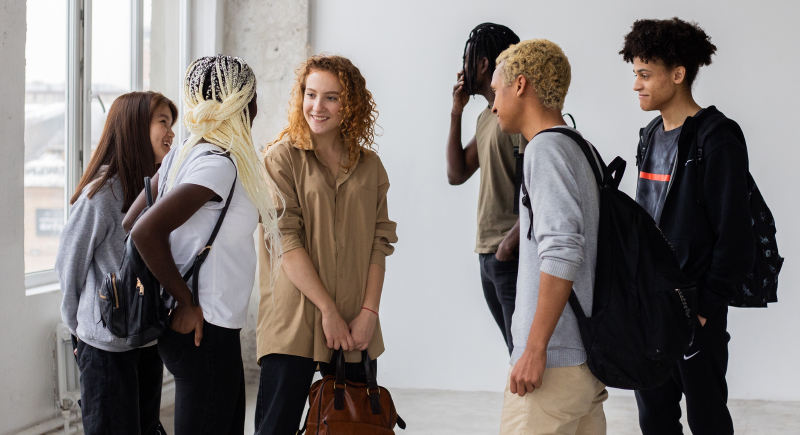
Credit: pexels
Expect Americans to chat with anyone, anywhere. Striking up conversations with total strangers in line, on the bus, or at the park is normal in the U.S.—but it confuses people from more reserved cultures. Foreigners often feel caught off guard when someone they've never met starts sharing personal stories out of nowhere. In many countries, that kind of openness feels invasive or odd.
Constant Complaining Feels Strange Abroad

Credit: Getty Image
Grumbling out loud over minor inconveniences catches foreigners off guard. In the U.S., it's normal to complain if something isn't fast, convenient, or as expected, like late food orders or unclear return policies. But in many other places, this kind of vocal dissatisfaction feels excessive. Customers might not say anything unless the issue is serious. The American habit of demanding perfect service makes everyday interactions feel more tense than they do elsewhere.
Driving Long Distances for Everything

Credit: Getty Image
Driving for everything stuns many visitors. People in the U.S. think nothing of jumping in the car for a 20-minute trip to get coffee or groceries. Cities and suburbs are built around cars, not people, so walking often feels impossible—even unsafe. Foreigners used to compact towns and public transport can't believe how spread out everything is. What feels like a road trip to them is a regular day for many Americans who treat long drives as routine errands.
American Flags on Everything, Always

Credit: Canva
Front lawns, bumper stickers, and even clothing–Displaying the American flag is part of everyday life. Visitors often notice it plastered on shirts, hats, and even swimwear, which feels excessive compared to how other countries treat national symbols. Most places reserve flags for official buildings or major events. Seeing them in flip-flops or on dog leashes makes outsiders wonder why patriotism needs to be on display all the time.
Wearing Shoes Inside the House

Credit: pexels
Keeping shoes on indoors makes many visitors uneasy. In many parts of the world, especially Asia, it's automatic to take them off at the door to keep the floors clean and show respect. But in American homes, it's common to walk around in the same shoes worn outside.
Loving Baseball a Little Too Much

Credit: Getty Image
Baseball might be called America's pastime, but to most of the world, it's a mystery. Outside of places like Japan or the Dominican Republic, people don't follow the rules or understand the appeal. Foreigners watching American movies or shows often assume it's part of daily life for everyone.
Asking Strangers About Their Jobs

Credit: pexels
Asking someone what they do for a living comes up fast in American conversations. It often shows up after "What's your name?" Foreigners find it strange that jobs play such a central role in casual introductions. People in many countries can get to know each other for years without ever discussing work. But in the U.S., your career isn't simply what you do—it's who you are. That level of focus on work feels intrusive or overly personal to outsiders.
Greeting People Like It's a Script

Credit: Getty Image
Saying "How are you?" as a greeting throws off a lot of foreigners. They hear the question and assume it's genuine, only to realize no one expects an actual answer. In many cultures, that kind of question means someone really wants to know how you're doing. But in American small talk, it's simply a polite habit. The expected reply is quick and vague—usually "good" or "fine."
Putting the Date in Reverse
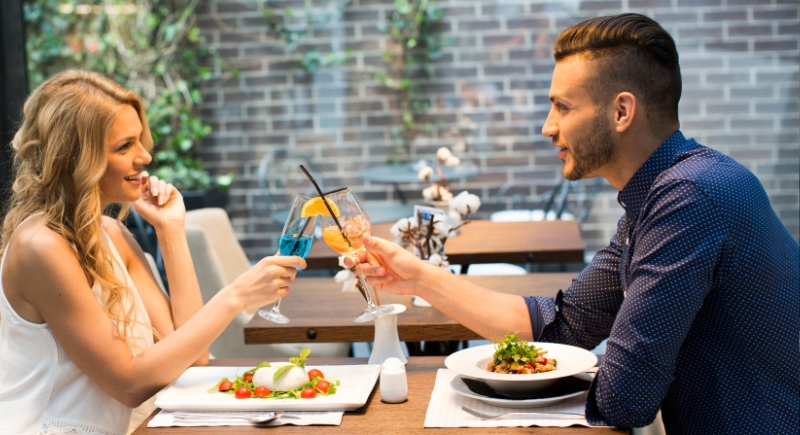
Credit: Getty Image
Most countries write dates as day, month, year—a logical flow from smallest to largest. But Americans flip the order to month, day, year, and it trips people up every time. It can cause confusion in documents, scheduling, and even basic conversations. What looks like 05/03 might be May 3 or March 5, depending on where you're from.
Clinging to Paper Cash Still
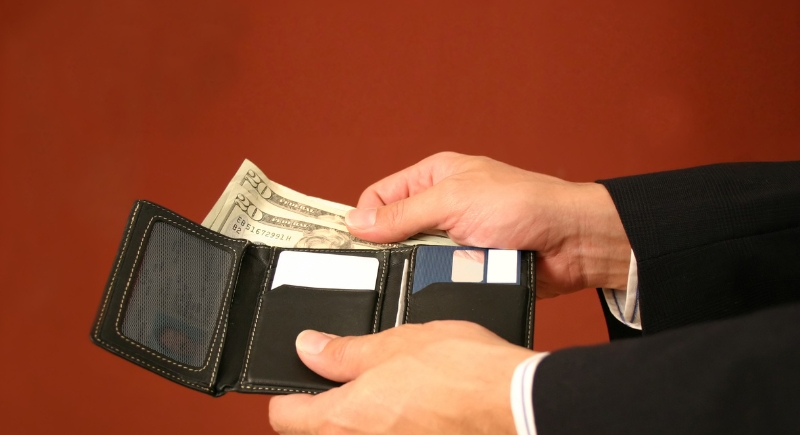
Credit: Getty Image
Sticking with paper bills, especially for small amounts, surprises visitors right away. Most countries ditched low-value notes years ago and replaced them with coins. But in the U.S., the one-dollar bill is still everywhere—stuffed in wallets, handed over at counters, and piled into tip jars. To foreigners who are used to heavier change, it feels outdated and inefficient.
Claiming Heritage Over National Identity
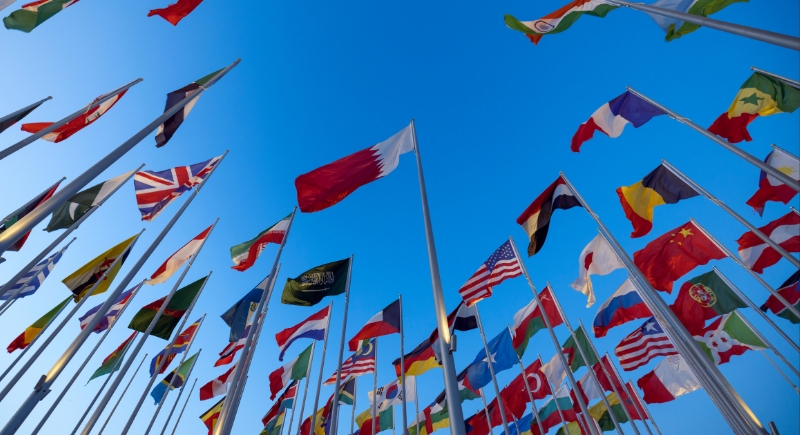
Credit: pexels
Saying you're Italian or German without ever setting foot in Europe has to be confusing. Americans often identify by heritage instead of nationality, even when that connection is generations old. It feels like clinging to a past that no longer applies.

